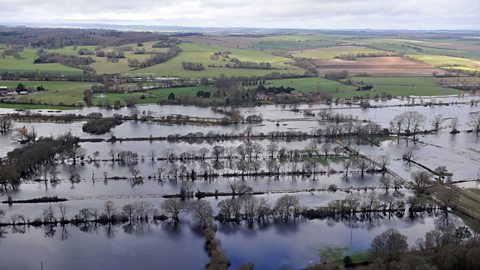Stage 1 - Posing questions
You will be required to write up elements of your fieldwork as part of a non-examination assessment (NEA). This will require a written report, to include evidence of your understanding of the enquiry process and your ability to process and present data and complete extended writing. You must write the report in response to specific questions set by WJEC.
Fieldwork in geography is all about asking questions and gives you the opportunity to apply what youÔÇÖve studied to a real place. While many questions are often easy to answer, some will not be.
A step-by-step guide to geography fieldwork, investigating sound levels in a typical high street
Types of fieldwork questions
When posing questions you will inevitably set out to answer them. Often these questions may result in additional questions which will also need to be explored. A good piece of geography fieldwork will often entail one large question and several smaller ÔÇśsub-questionsÔÇÖ - which lead from the initial larger question. They can be either physical geographyThe study of natural features and landforms, eg rivers, coasts, weather., human geographyThe part of geography which studies how humans interact with the land. or both in nature:
- physical questions will look at natural landscapes, eg rivers or coasts
- human questions will look at environments that are created by people, eg cities or tourist resorts

